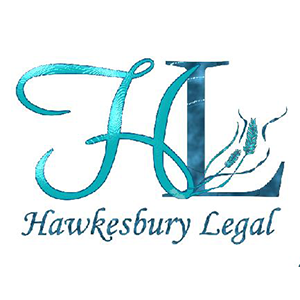New Paragraph
Appointing your Attorney or Guardian
Formally appointing both a Power of Attorney and Enduring Guardian ensures your health, living arrangements and financial affairs are looked after. As there are many things to consider, it is strongly recommended to appoint an Enduring Guardian and Power of Attorney in NSW with the legal counsel of a qualified professional.
What is a Power of Attorney?
Power of Attorney is a legal document wherein you (the principal) appoints an individual (or multiple individuals) to make financial decisions on your behalf during your lifetime.
Your Power of Attorney can make decisions regarding financial and legal matters, for example;
prepare your tax returns and manage your funds, bills, shares, bank statements, superannuation, and the buying or selling of property.
It is important to understand that your attorney can step into your shoes and manage any of your finances effectively as if they are you.
There are two types of Power of Attorney:
General Power of Attorney
A General Power of Attorney can make decisions regarding financial, and legal matters on your behalf only while you have the capacity to make your own decisions and are usually for a set time or purpose. Accordingly, the responsibilities of your General Power of Attorney cease when you lose the capacity to make your own decisions.
Enduring Power of Attorney
An Enduring Power of Attorney will make decisions regarding your financial and legal matters on your behalf when and if you lose the capacity to make your own decisions.
What is an Enduring Guardian?
An Enduring Guardianianship document is a legal document where you appoint an individual to have the power to make decisions regarding your health and lifestyle in the event that you lose the capacity to make those decisions yourself. The responsibilities of an Enduring Guardian cease if you pass away.
Your enduring guardian is legally appointed by you, it is important you choose a person who will consider your views as well as those of professionals and other people important in your life. Your guardian must take into account the circumstances existing at the time and make decisions on your behalf should the need arise.
The most common decision-making areas you can give your enduring guardian include:
Accommodation-where you live.
Services- decide what personal services you require.
Medical and dental treatment
Frequently Asked Questions
If you have any questions regarding Power of Attorney, Enduring Guardianship or any other living documents, please consult the list of frequently asked questions below. Conversely, when you book an appointment with me, I am more than happy to answer any questions you may have.


